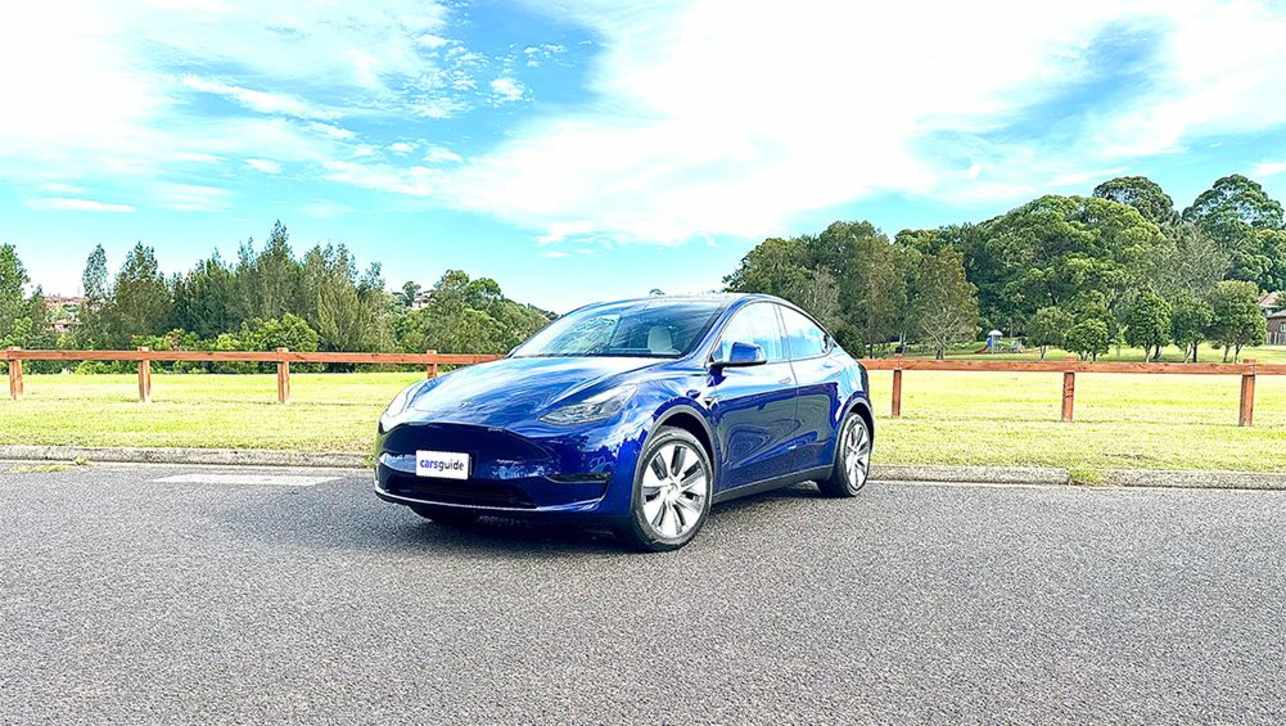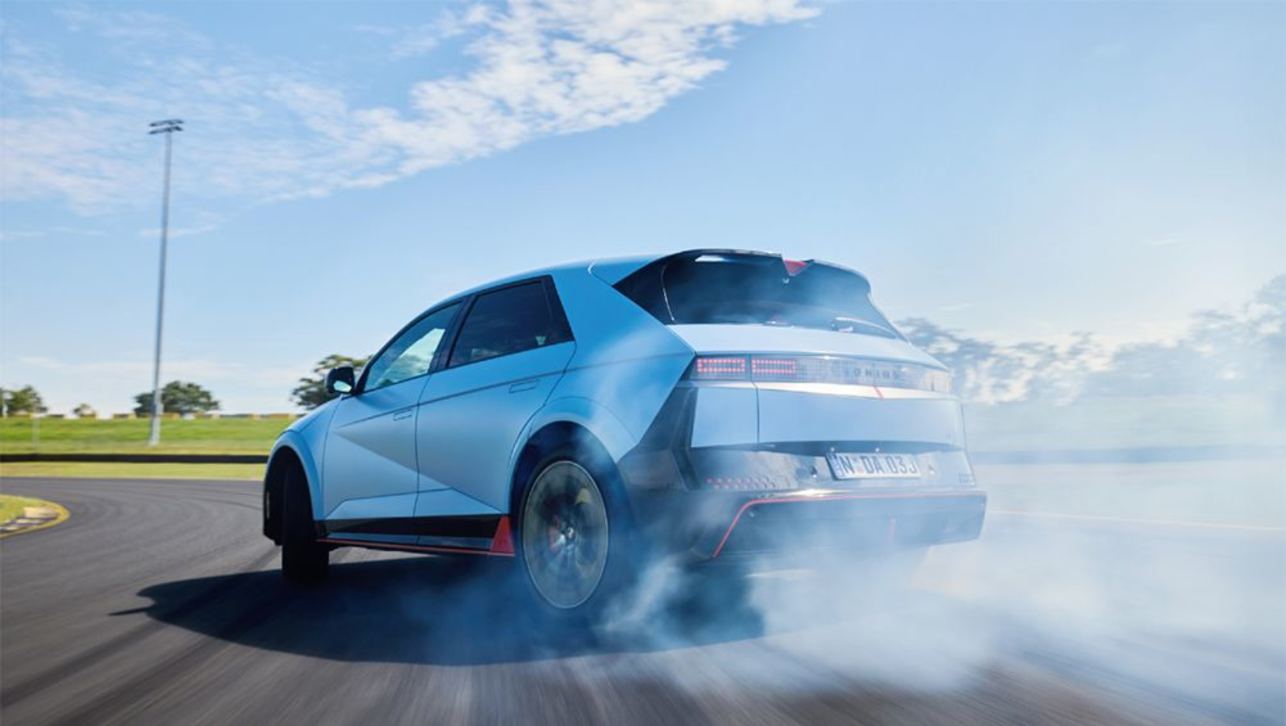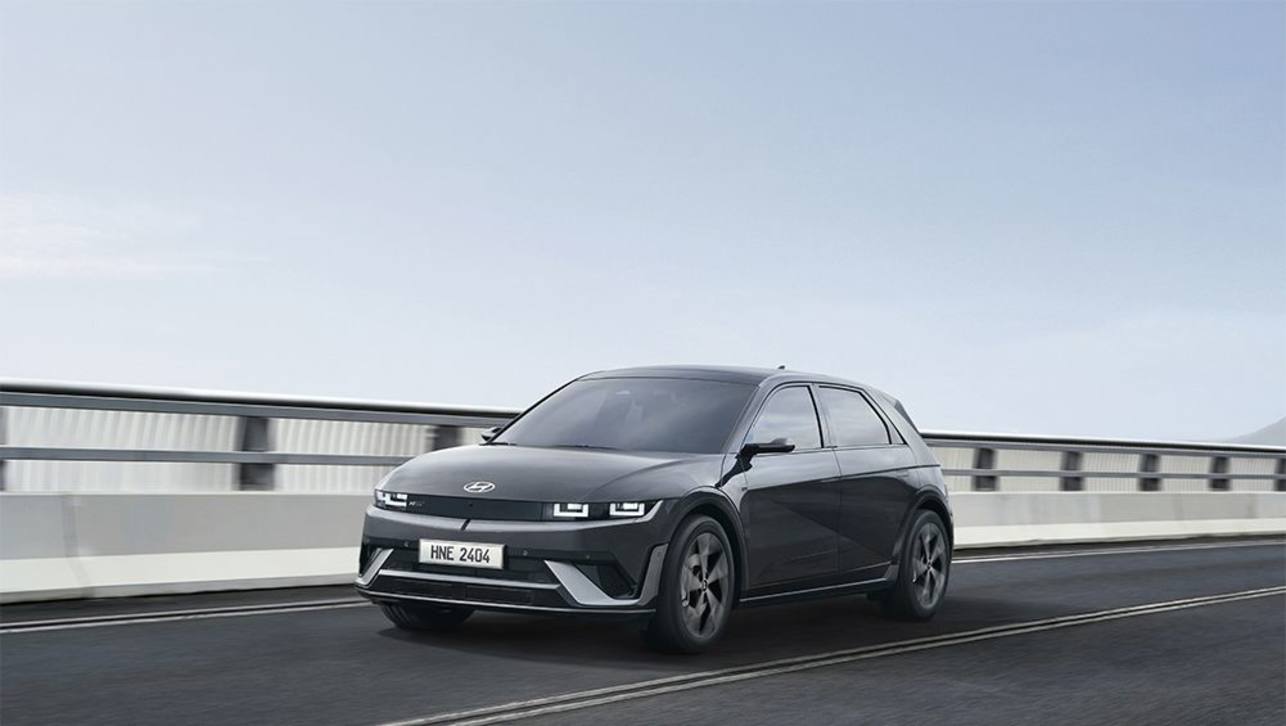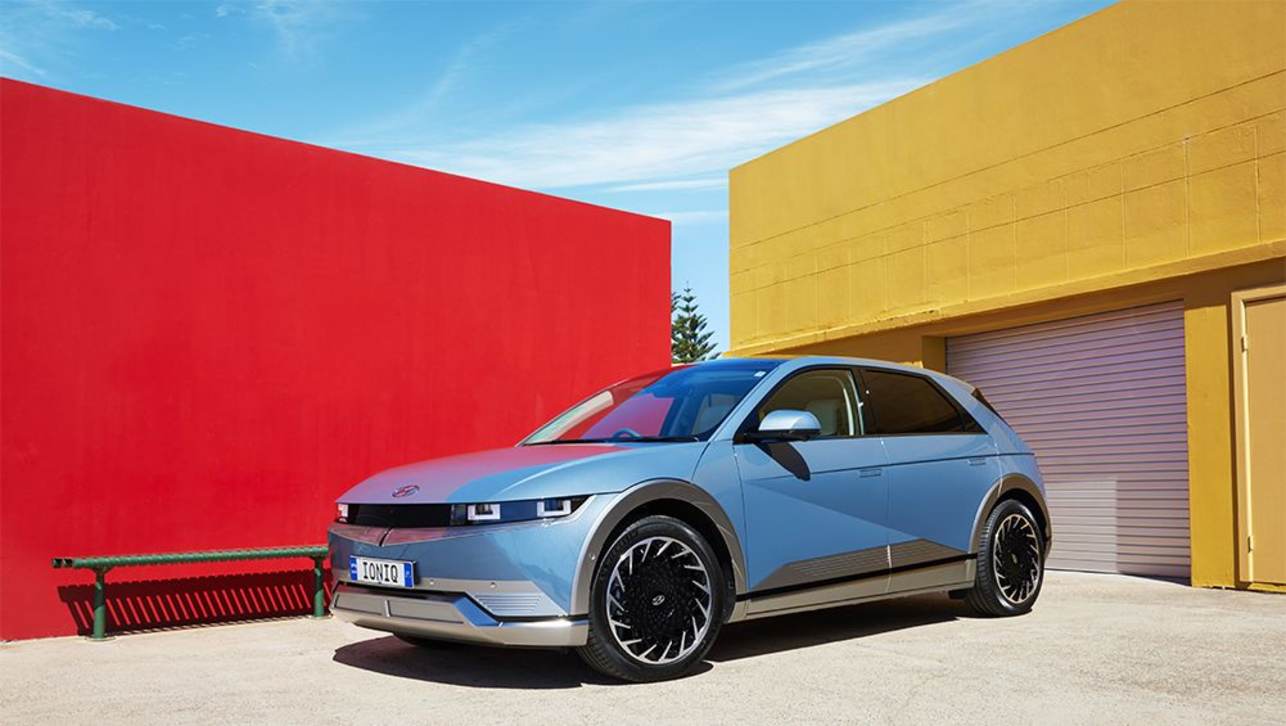Hyundai has detailed its upcoming e-GMP electric vehicle platform which will underpin a range of vehicles under its new Ioniq sub-brand, as well as under the Kia and Genesis banners.
The e-GMP platform is new from the ground up and is a scalable and modular platform which the brand says will support multiple body styles across “most segments” including mid-size sedans and small SUVs – and could scale to “Palisade-sized” large vehicles.
The first vehicle to launch on the e-GMP platform will be the Ioniq 5 model, sometime in 2021, followed by an as-yet unknown Kia SUV model. The platform supports either rear-wheel or all-wheel drive and has new innovations like a disconnecting transmission for either motor.
The e-GMP platform has an all-new battery cell design and charging system supporting 800-volt charging up to 350kW. Hyundai says this will allow e-GMP based cars to charge 100km of range in just five minutes, or to charge 80 per cent of a battery with 500km range in 18 minutes.
.jpg)
While the 800-volt system will be supported by new charging infrastructure, e-GMP also supports more standardised systems across the existing charging network. In a first for the brand, the e-GMP platform will support bi-directional charging (up to 3.5kW output), allowing the vehicle to power devices or charge other vehicles.
Hyundai spruiked other benefits of its new platform, including a 40 per cent reduction in the number of parts, better crash safety, and an improved coolant system for both the batteries and motors. It also has a new five-link rear suspension system and “integrated drive axle” which combines wheel bearings with the drive shaft to “enhance ride comfort and stability”.
The choice to make the platform predominantly rear-wheel drive according to the brand is due to the amount of power on offer, and the brand’s desire to make cars with “an emotional driving experience”.
The brand is set to unveil a high-performance model in the near future which will demonstrate the performance capabilities of the platform with an acceleration time of 0-100km/h in 3.5 seconds and a maximum speed of 260km/h.
.jpg)
Hyundai plans to sell 1 million dedicated battery-electric vehicles by 2025 and will offer 11 models by that time. The newly launched Ioniq electric sub-brand will have three initial models, the Ioniq 5, Ioniq 6, and Ioniq 7.
Meanwhile Kia plans to have seven battery electric vehicles by 2027, with a plan to have 20 per cent of its sales volume being BEVs by 2025.








.jpg)

.jpg)
.jpg)
.jpg)

.jpg)

.jpg)
.jpg)
.jpg)
.jpg)
.jpg)



.jpg)
_0.jpg)




Comments